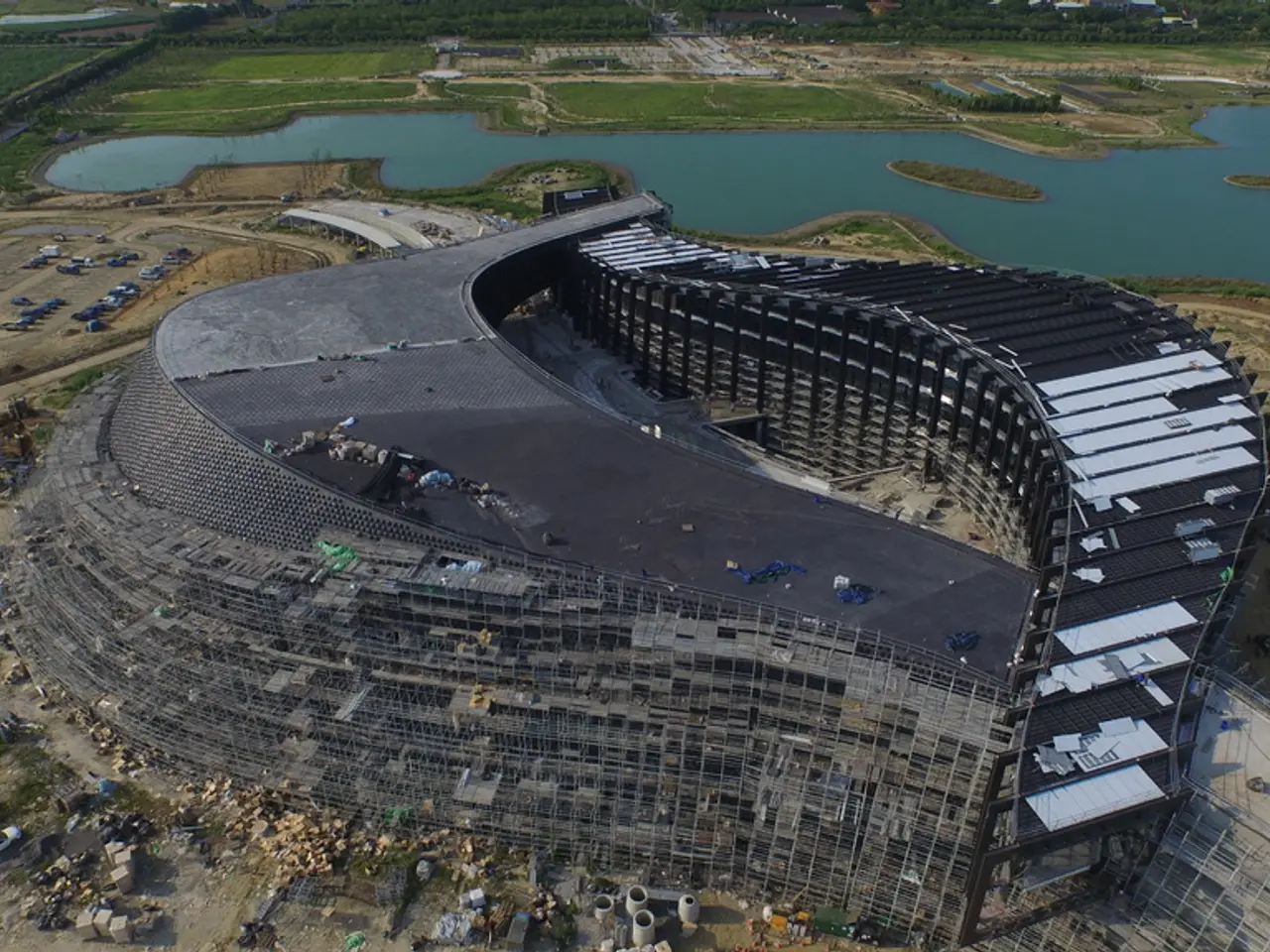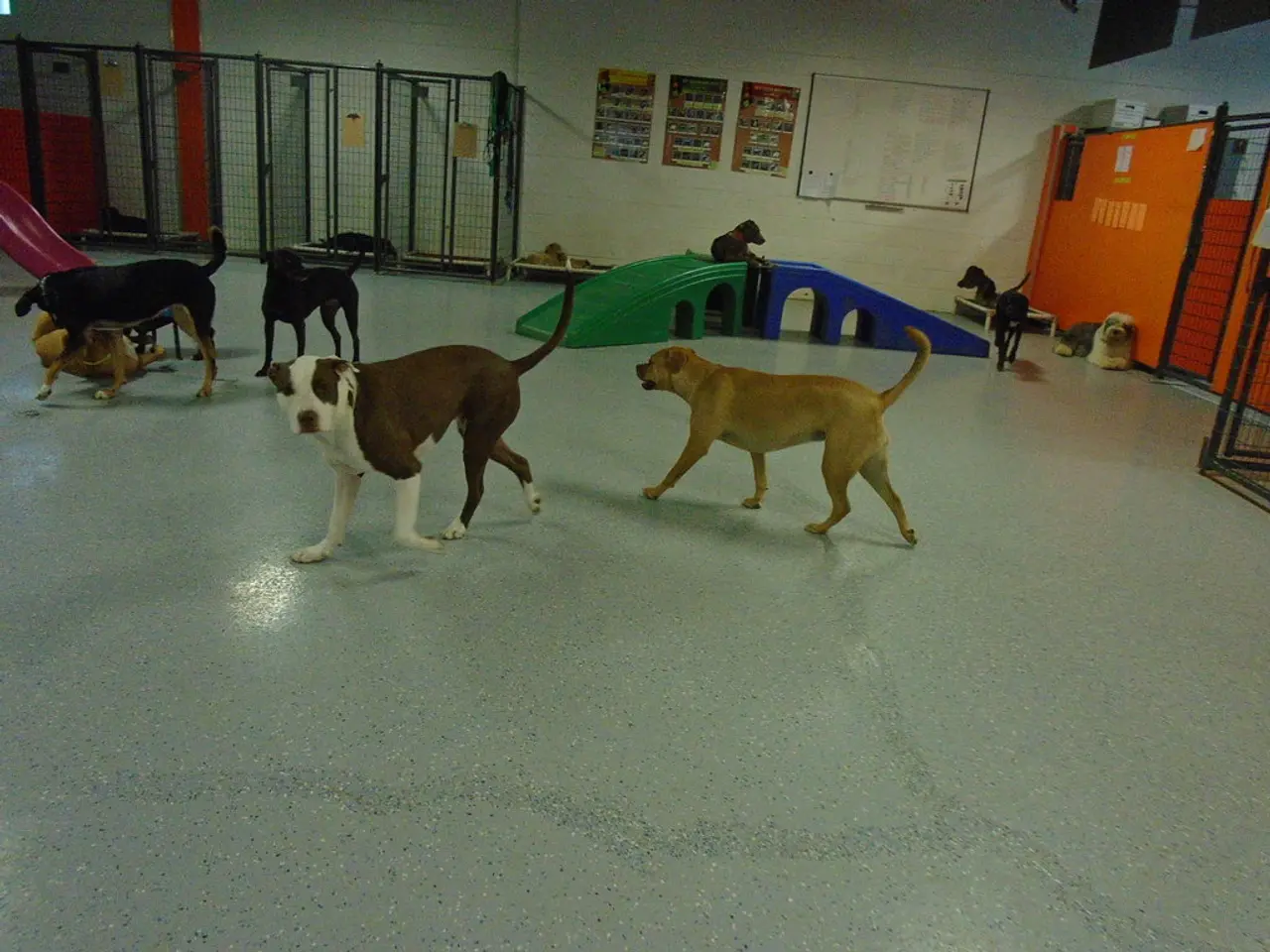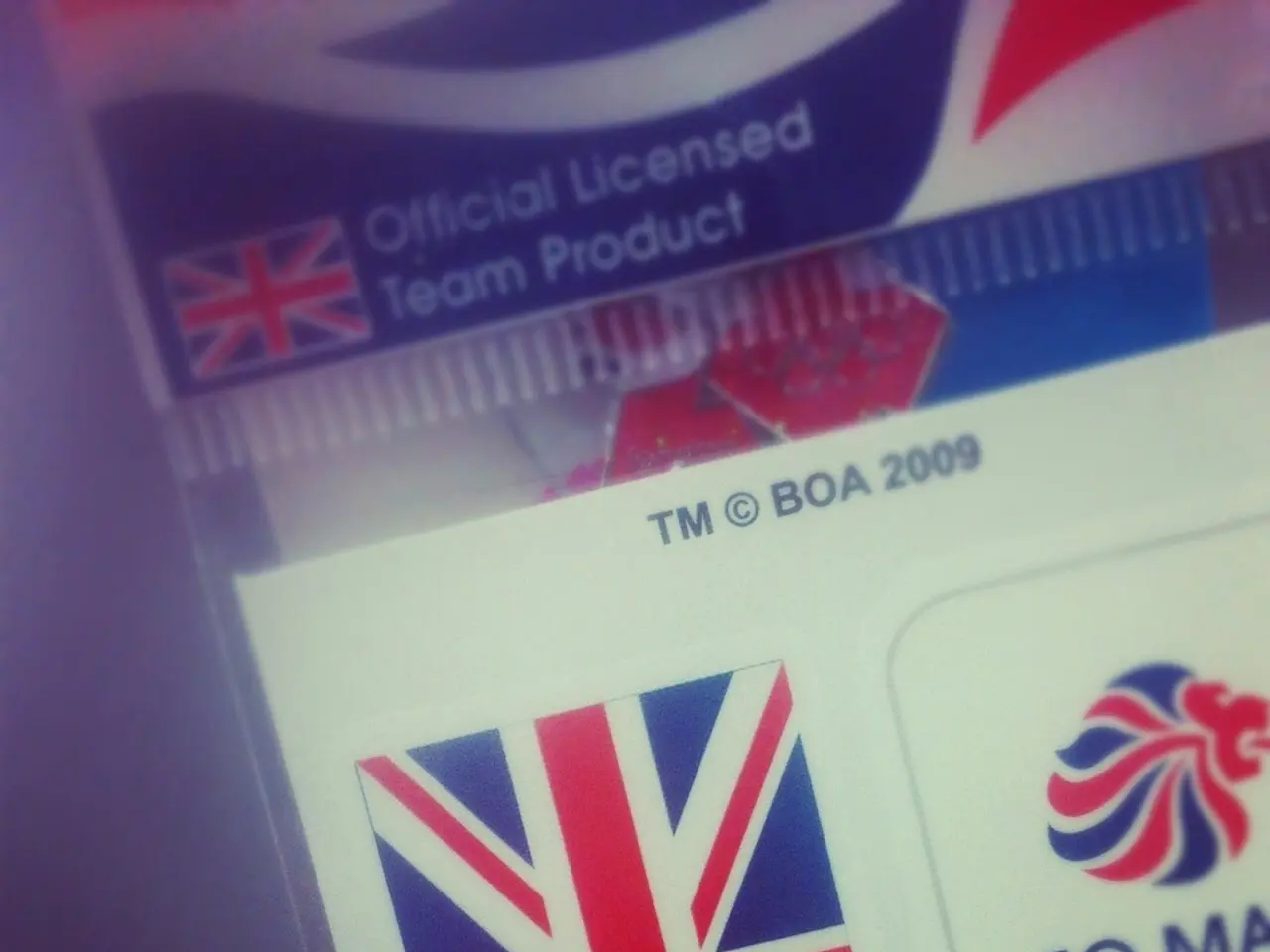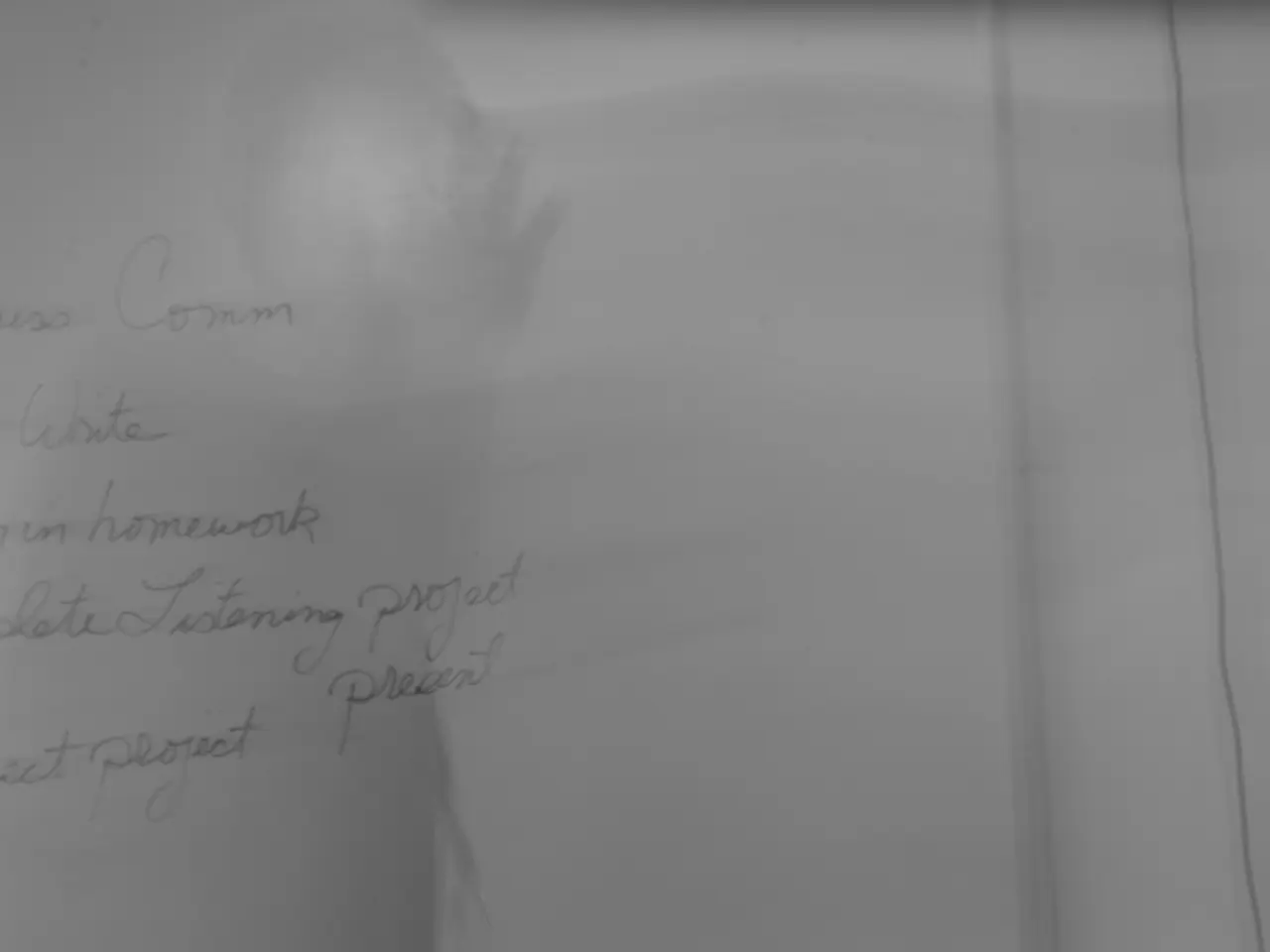Will there be a shift to a shorter work week for Volkswagen?
Volkswagen's Wolfsburg Plant Transitions to Electric Vehicle Production
Volkswagen's main plant in Wolfsburg, Germany, is set for a significant transformation, shifting from internal combustion engine (ICE) vehicles to electric vehicles (EVs). This change comes as the iconic VW Golf, a staple of the plant since 1974, prepares to leave Wolfsburg and move production to Mexico from 2027 [1].
Despite the departure of the ICE Golf, the Wolfsburg plant will remain Volkswagen’s key hub for producing electric compacts. The plant will produce the new all-electric ID Golf, along with a closely related electric model based on Volkswagen’s SSP platform. This move marks a strategic transition for Volkswagen, emphasizing their commitment to expanding affordable EV options by 2027 [1][3].
The Wolfsburg plant will reduce from four production lines to two, with two lines being converted to the SSP platform. The ID 3 and Cupra Born EVs, currently produced elsewhere in Germany, will be relocated to Wolfsburg as part of this shift [1].
The news of this transformation might not be well-received by all employees, as the departure of the ICE Golf is causing concern among some. However, VW's works council chairwoman Daniela Cavallo has suggested that as many overtime hours as possible should be worked now to fill employees' hour accounts before 2027 [2].
The restructuring of the plant might also lead to changes in the work schedule, such as a four-day week from 2027 [2]. Cavallo expects that the plant could be underutilized for several years due to the restructuring [2].
The situation at the Wolfsburg plant is described as two-edged. While the transition to EV production signifies a shift towards a more sustainable future, it also brings uncertainty for some employees. The plant's workforce will likely be affected, although the extent remains to be seen [1].
In conclusion, the Wolfsburg plant is undergoing a major transformation, moving away from ICE vehicles and towards a future focused on EV production. Despite the challenges, Volkswagen remains committed to maintaining Wolfsburg as a key hub for electric vehicle manufacturing.
References:
[1] Volkswagen Group. (2021). VW to build electric ID.3 compact in Wolfsburg from 2022. Retrieved from https://www.volkswagen-newsroom.com/en/news/2021/vw-to-build-electric-id-3-compact-in-wolfsburg-from-2022
[2] Reuters. (2021). Volkswagen's German factory could operate four-day week from 2027. Retrieved from https://www.reuters.com/business/autos-transportation/volkswagens-german-factory-could-operate-four-day-week-2027-2021-06-04/
[3] Green Car Reports. (2021). Volkswagen to expand affordable electric vehicle options by 2027. Retrieved from https://www.greencarreports.com/news/1132774_volkswagen-to-expand-affordable-electric-vehicle-options-by-2027
The Wolfsburg plant will continue to be Volkswagen's key hub for electric vehicle production, taking on the production of the new all-electric ID Golf and another electric model, marking a strategic shift towards expanding affordable EV options by 2027. This transformation in the plant's focus, from internal combustion engine vehicles to electric vehicles, is part of Volkswagen's larger commitment to the finance and automotive sectors, which are increasingly prioritizing sustainable transportation solutions.




